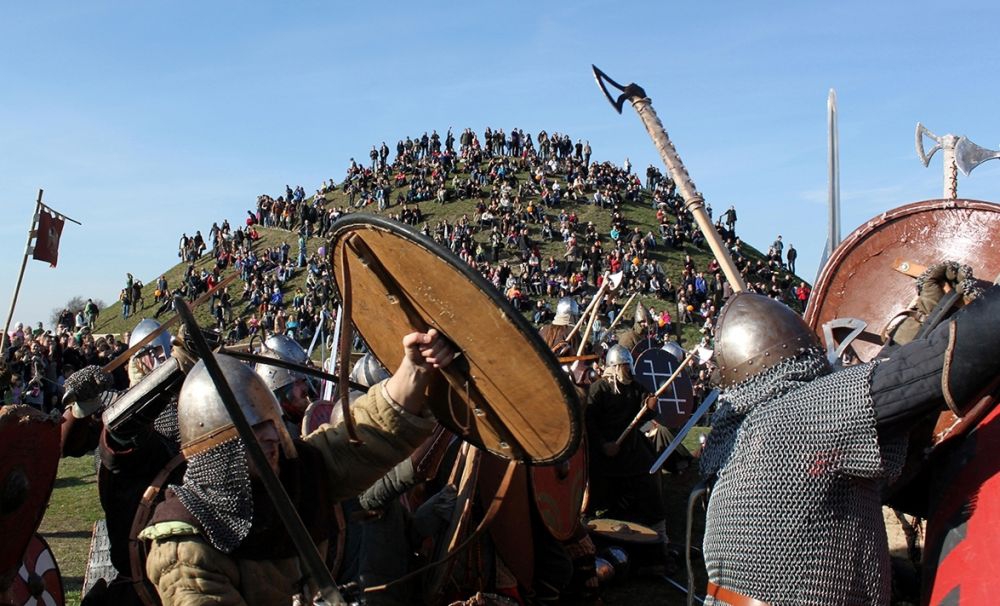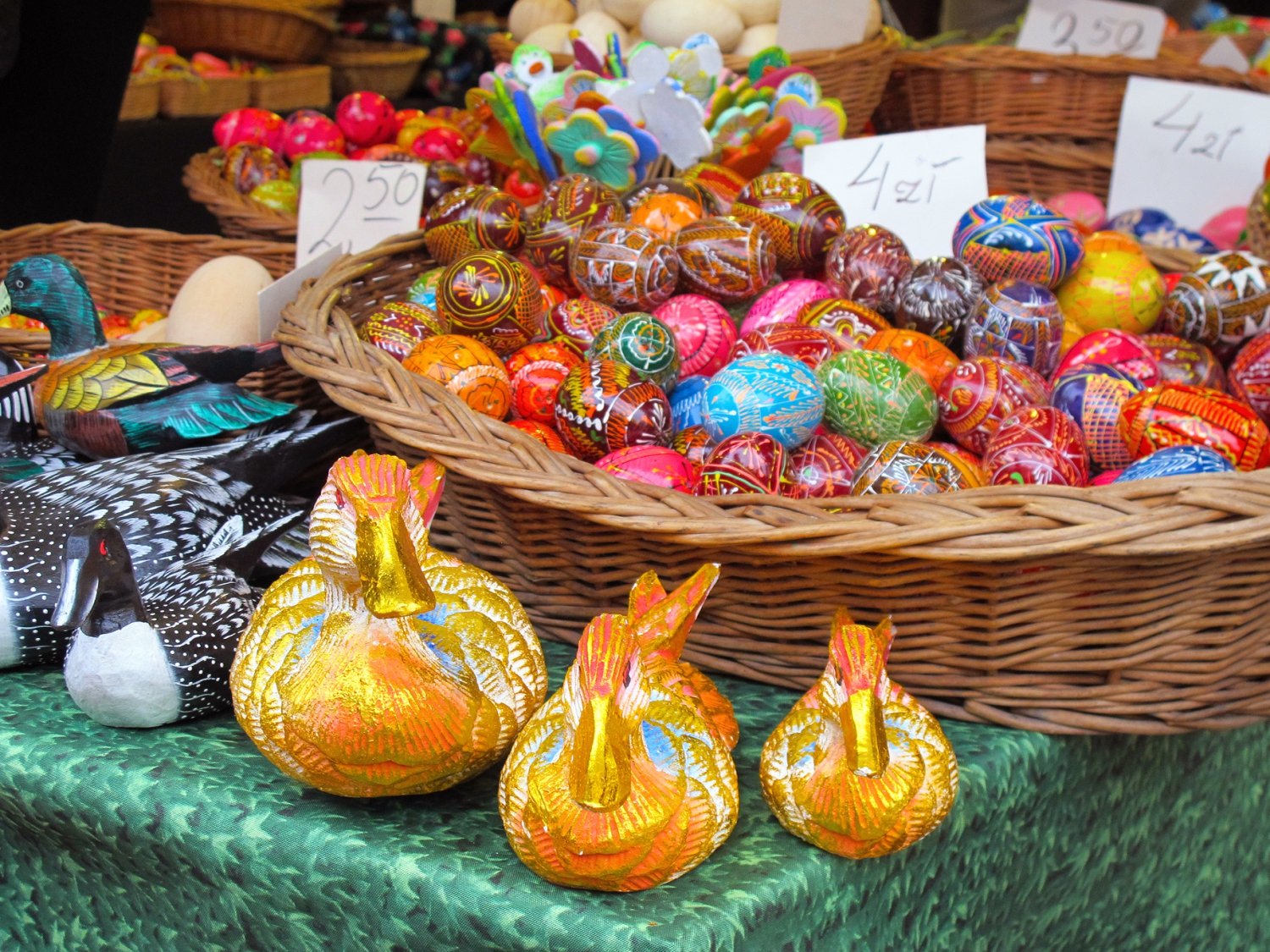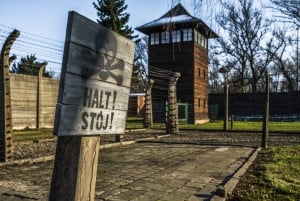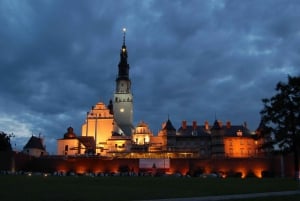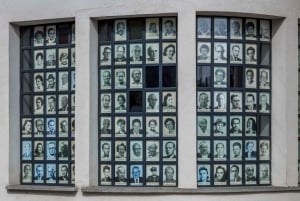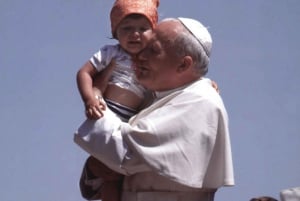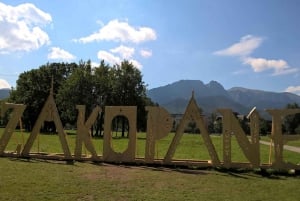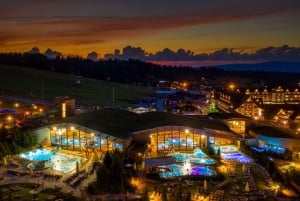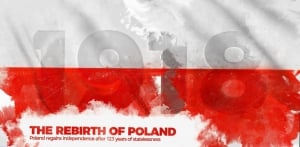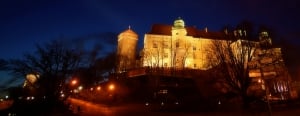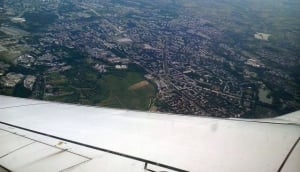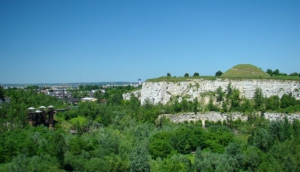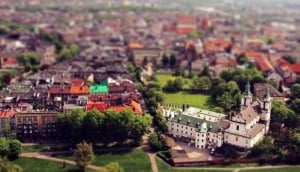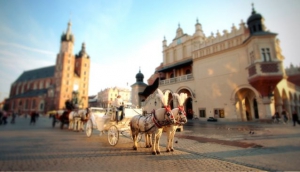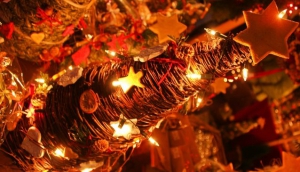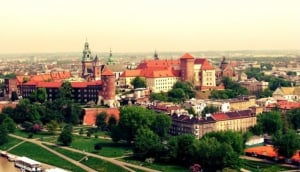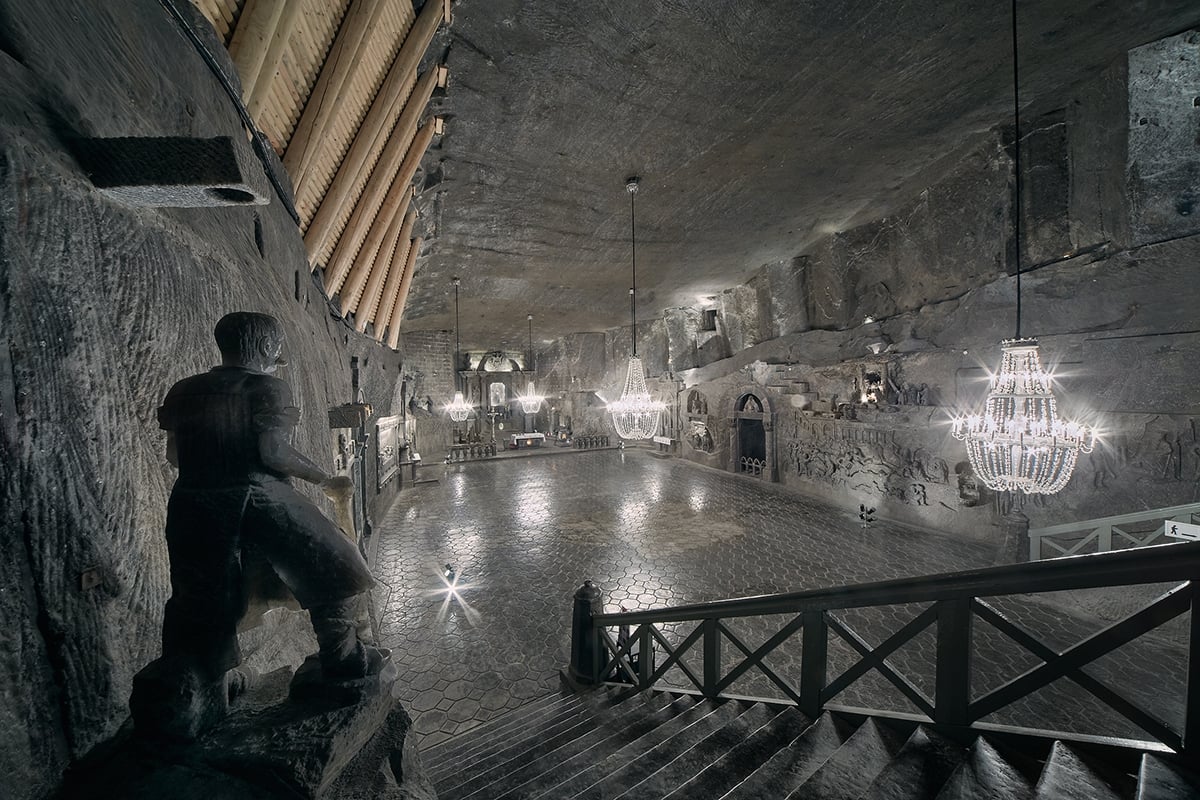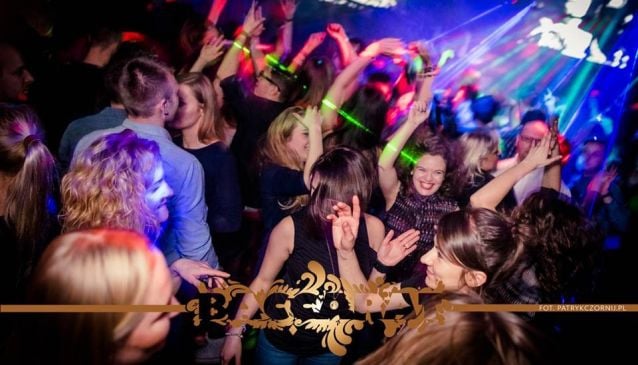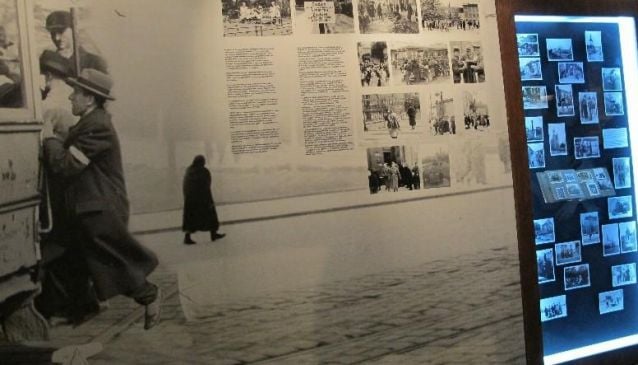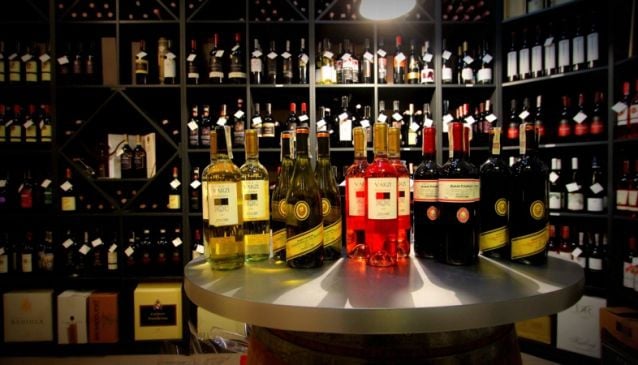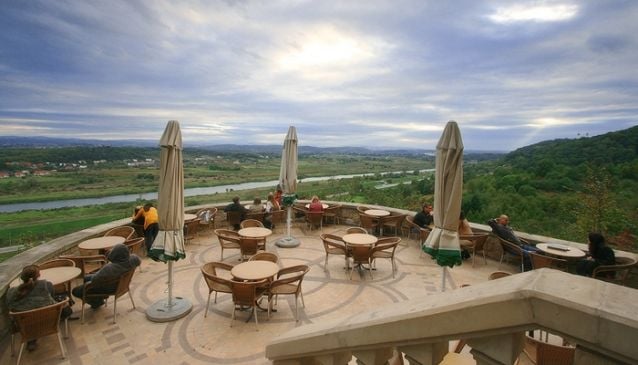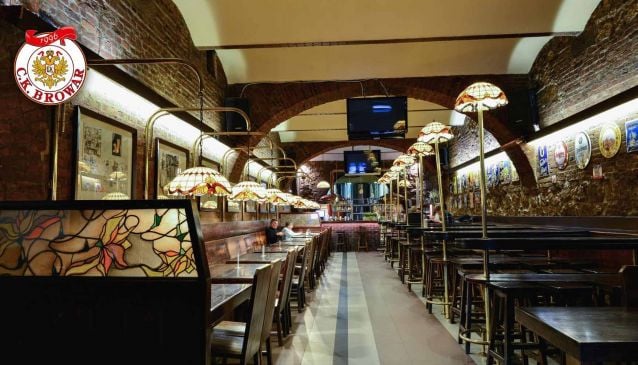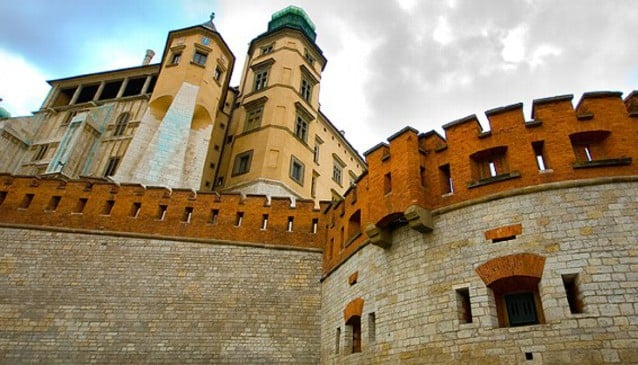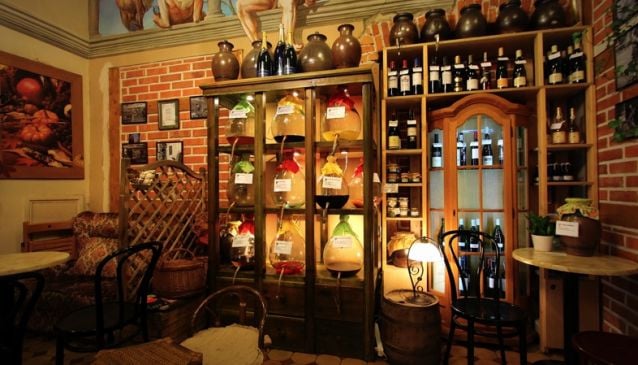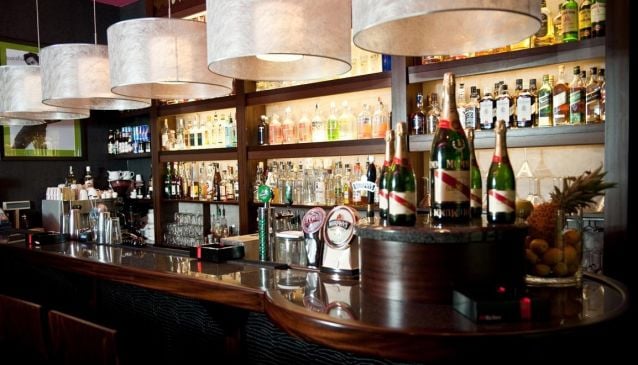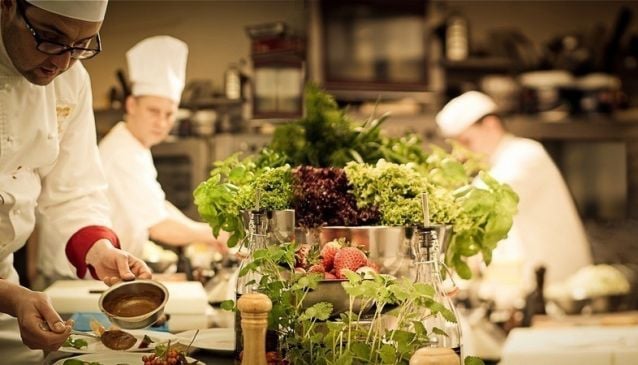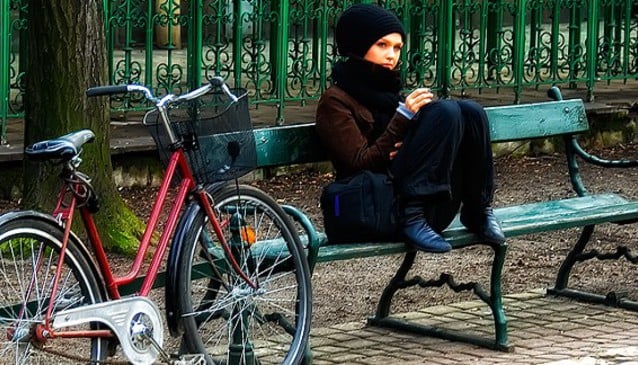Celebrate Easter - Krakow Style!
Krakow's more traditionalist and observant approach is something to be appreciated.
Book Top Experiences and Tours in Krakow:
If youʻre booking your trip to Krakow last minute, we have you covered. Below are some of the top tours and experiences!- From Warsaw: Auschwitz-Birkenau Tour by Car
- From Krakow: John Paul II Full Day Tour - Private Transport
- Krakow: Zakopane with Hot Springs, Cable Car & Hotel Pickup
- Archdiocesan Museum in Krakow
- Auschwitz-Birkenau: Skip-the-Line Entry Ticket & Guided Tour
Unlike in some parts of the world, where the mutant chocolate offspring of a chicken and a bunny is considered the most appropriate way to celebrate Christianityâs greatest feast, a Polish Easter combines tradition and fun with a great deal of colour and respect.
Holy Week starts on Palm Sunday, and due to a natural shortage of tropical foliage in Southern Poland, other more indigenous plants are bent into service to commemorate Jesusâ entry into Jerusalem seated on a donkey. Typically made from dried flowers and branches in villages throughout Poland, these âpalmsâ can be bought in the Main Market Square, blessed in one of Krakowâs many churches and used as colourful home decorations during Holy Week. Throughout this week the Main Square hosts an Easter Fair where traditional gifts and seasonal food can also be bought. The âMisteria Paschaliaâ early and sacred music festival runs concurrently, and enjoys an international reputation. Easter is also when the events season really begins to get under way.
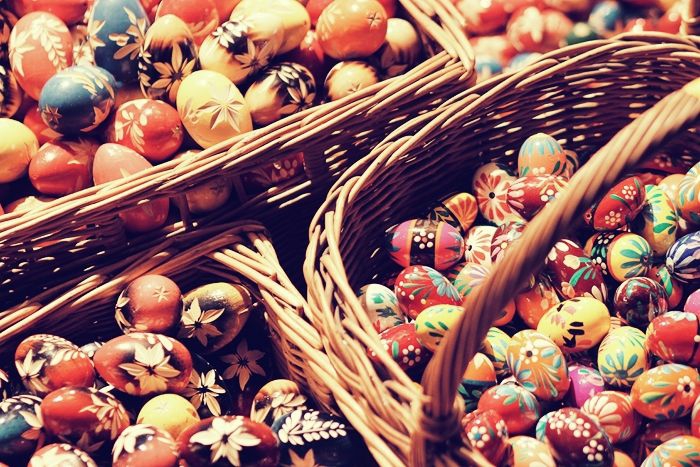
Although the city may appear the same to a touristâs casual eye, for many Poles the final week of Lent is a time of contemplation and seriousness, and there is noticeably less boisterous activity in bars and clubs. On Easter Thursday, in a symbolic gesture acknowledging the Last Supper, Krakowâs bishops wash the feet of twelve old men in Wawel Cathedral.
Good Friday starts to see the festival swing in to action proper, and although not a public holiday, there is nevertheless a sense of the city getting ready â many will attend church, and great solemnity accompanies the recognition of Christâs crucifixion.
Easter Saturday is altogether more cheerful, and the tradition is for children to bring baskets of food to church to be blessed. The baskets contain specific items with particular attributes: eggs and sausage, symbolising birth, fertility and good health; bread, which represents both the body of Christ and food for life; a piece of horseradish, which stands for strength; and a âmazurekâ or traditional Easter cake, which embodies the skills and abilities needed for the coming year. Another characteristic is the âpisankiâ, or brightly painted hardboiled eggs â usually home decorated â that are consecrated on the Saturday and consumed for breakfast on Easter Sunday.
Easter Sunday itself is a quiet and family day; the faithful will attend an early morning service before the symbolic breakfast of blessed food. This is a time when family members will share their wishes and hopes for each other and acknowledge and praise the resurrection of Christ.
Easter Monday (which is a comprehensive public holiday) is when the fun starts. One hilarious tradition is that of âSmingus Dyngusâ, which approximately translates as the right to drench â or be drenched â with water. Buckets and water pistols are commonly employed, and the tradition is no respecter of gender or nationality. Worth checking out is the traditional Emaus Fair: the road leading west from Wawel to St Norbertâs Convent is lined with stalls selling traditional sweets and knick-knacks. Be warned that this is an excellent hunting ground for aspirant bucket-terrorists.
Although itâs now a regular workday, Easter Tuesday also has its share in the festivities: Cracovians head south across the river to Podgorze and thence to the Krakus Mound to participate in the centuries-old Rekawka Fair. If youâre an expert at egg-rolling, this could be the place to showcase your skills. Other activities include staged swordfights and lobbing sweets randomly.
As mentioned, Easter is taken seriously in Poland, and public holidays (of which Easter Sunday is also one) generally mean just about everything is closed. Nevertheless, the modern world is encroaching, and itâs now certainly possible to find increasing numbers of restaurants and bars open the entire weekend, many of which will offer special Easter-themed menus and treats. For someone jaded by the consumerist western approach to Easter, Krakowâs more traditionalist and observant approach is something to be appreciated.
